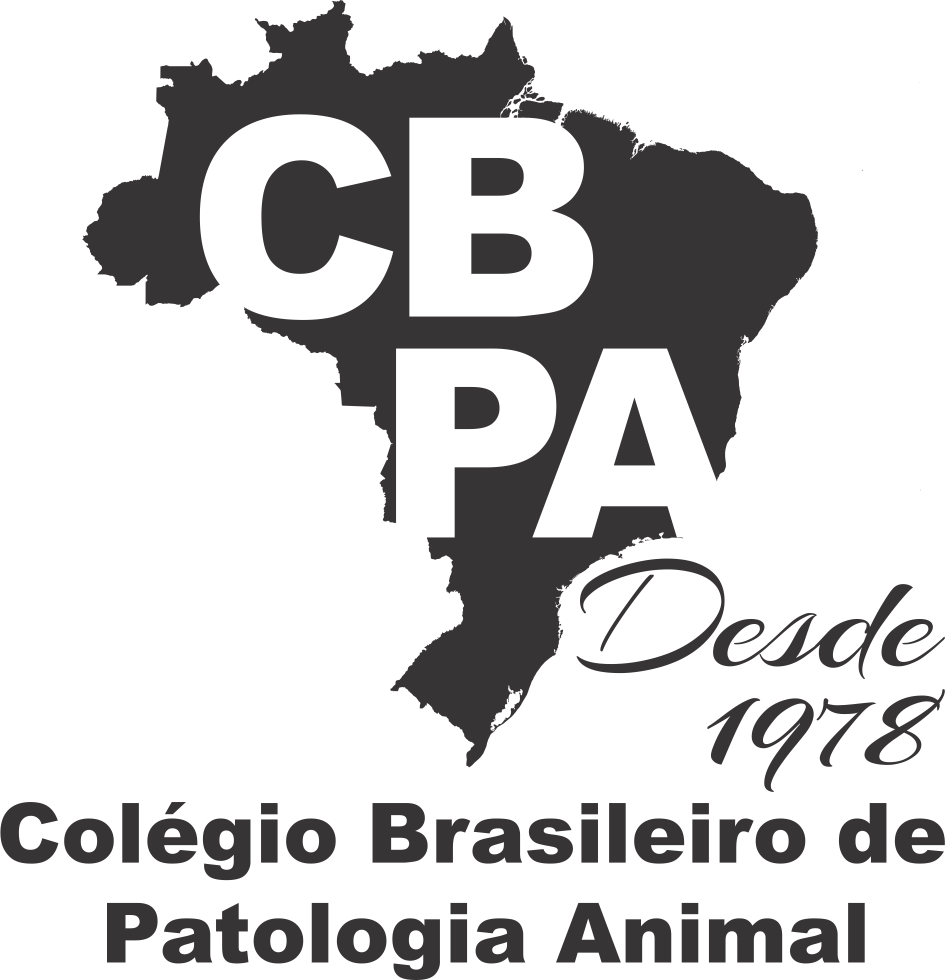Resultado da pesquisa (2)
Termo utilizado na pesquisa pericarp of the fruit
#1 - Experimental poisoning of rabbits by the pericarp of the fruit of Ricinus communis (Euphorbiaceae)
Abstract in English:
The dried pericarps of the ripe fruits of Ricinus communis L. were given by stomach tube to nine rabbits at leveis of 2.5, 5.0 and 7.5 g/kg. The seven rabbits which received 7.5 and 5.0 g/kg showed neuromuscular symptoms and six subsequently died. The two rabbits which received 2.5 g/kg showed no symptorns of poisoning. The symptoms started from 1 hour and 6 minutes to 3 hours after dosing, and were mainly neuromuscular in nature; the animals died 8 minutes to 2 hours after the onset of symptoms. No macroscopic or microscopic lesions due to the poisoning were found.
Abstract in Portuguese:
O pericarpo dessecado dos frutos maduros de Ricinus communis L. dessecado foi administrado por via intragástrica a 9 coelhos, em doses de 2,5, 5 e 7,5 g/kg. Os 7 coelhos que receberam 5 e 7,5 g/kg mostraram sintomas neuromusculares e 6 deles morreram. Os 2 coelhos que receberam 2,5 g/kg não adoeceram. Os sintomas iniciaram-se entre 1 hora 6 minutos a 3 horas após o início da administração do material vegetal e eram sobretudo de natureza neuromuscular; a evolução, para a morte variou entre 8 minutos e 2 horas. Não foram constatadas lesões macroscópicas ou microscópicas dignas de nota.
#2 - Experimental poisoning of cattle by the pericarp of the fruit of Ricinus communis
Abstract in English:
Pericarps of the ripe fruit of the castor bean plant (Ricinus communis L., Euphorbiaceae) were given orally to eight steers. Symptoms of poisoning were seen in six of the animals. Four receiving 5 g/kg or more of the plant material subsequently died. The neuro-muscular symptoms were the sarne as those observed in experimental poisoning by the leaves, different from the gastro-enteritis produced by the seeds of the plant. The symptoms were: swaying gait; a necessity to lie down after short periods of exercise; difficulty in lying down; muscular tremors; salivation and chewing movements. The symptoms persisted a few hours and were followed by either rapid recovery or death. The dried pericarps are approximately four times as toxic as fresh green leaves and the reaction observed is even more acute. Only minor post-mortem and histopathological changes were found.
Abstract in Portuguese:
O pericarpo do fruto maduro de Ricinus communis L. (fam. Euphorbiaceae), administrado por via oral a oito bovinos, causou sintomas de intoxicação em seis deles, provocando a morte de quatro animais que receberam o material vegetal em quantidades a partir de 5 g/kg. Os sintomas neuro-musculares foram os mesmos que os observados na intoxicação pelas folhas, mas diferentes da gastro-enterite causada pelas sementes da planta; consistiram em desequilíbrio no andar, necessidade de deitar após curta marcha, que era feito com dificuldade, em tremores musculares, sialorréia e movimentos de mastigação, recuperação ou morte rápidas. A evolução foi sempre de poucas horas. O pericarpo dessecado é aproximadamente quatro vezes mais tóxico que as folhas verdes recém-colhidas e o quadro de intoxicação é mais agudo ainda. Tanto os achados de necropsia como histopatológicos na intoxicação pelo pericarpo foram praticamente negativos.









